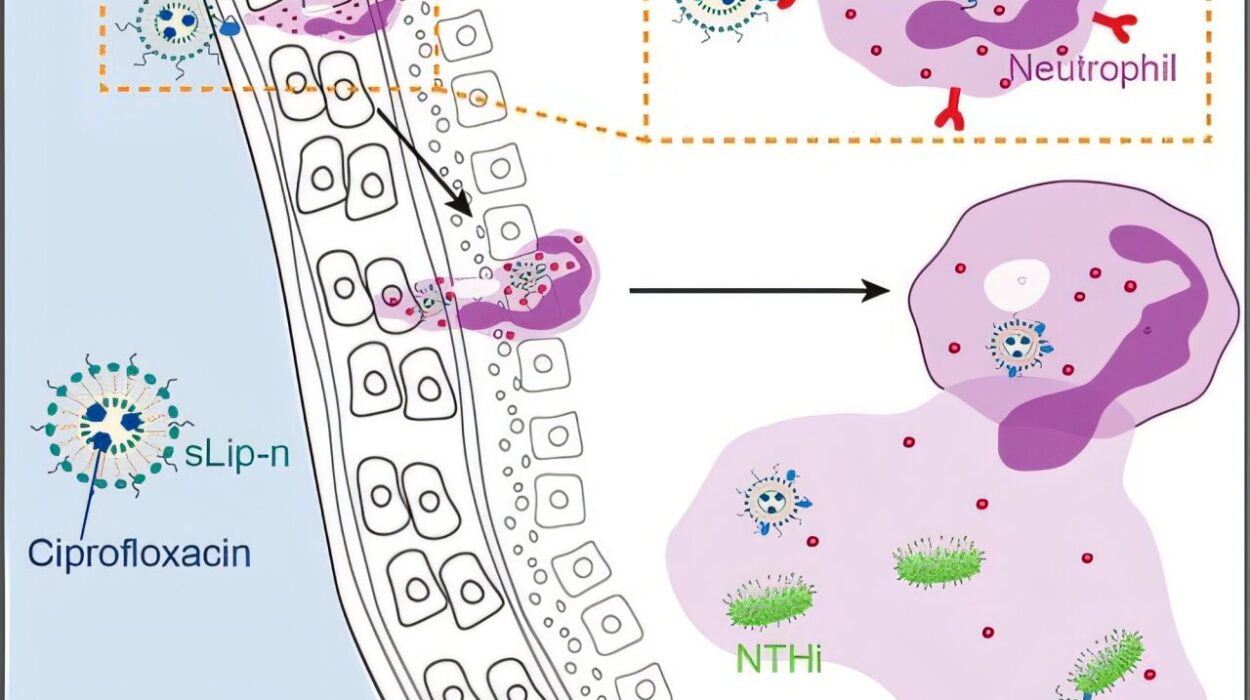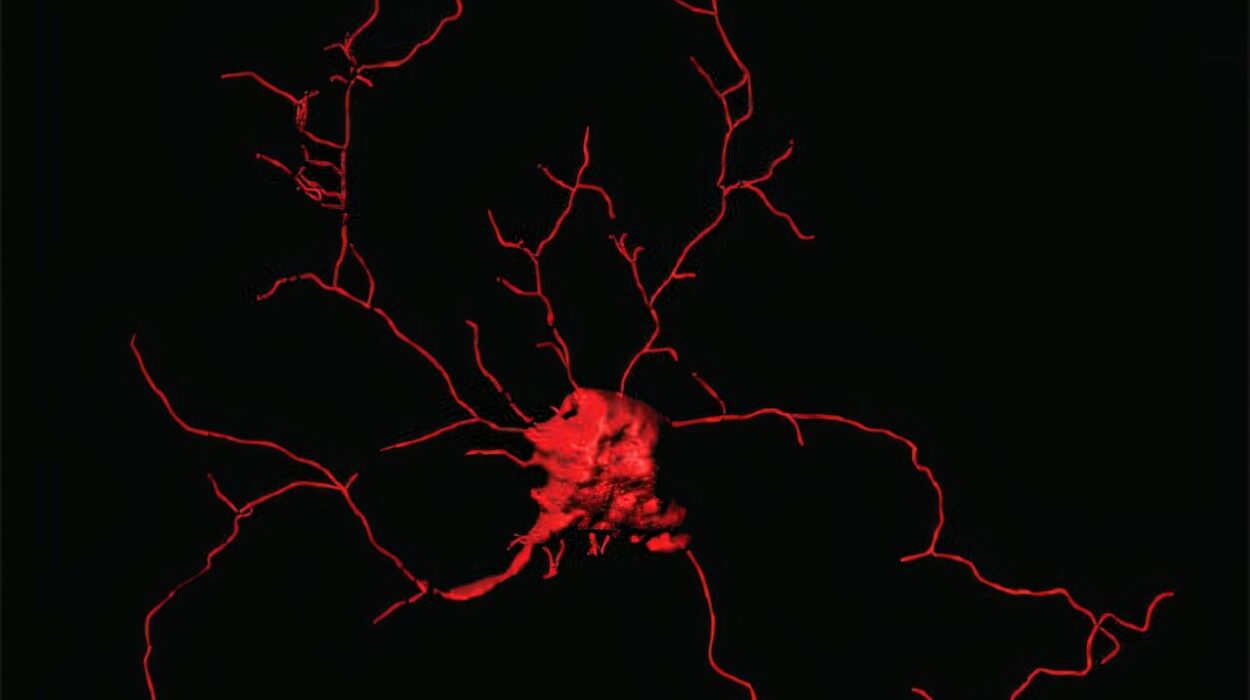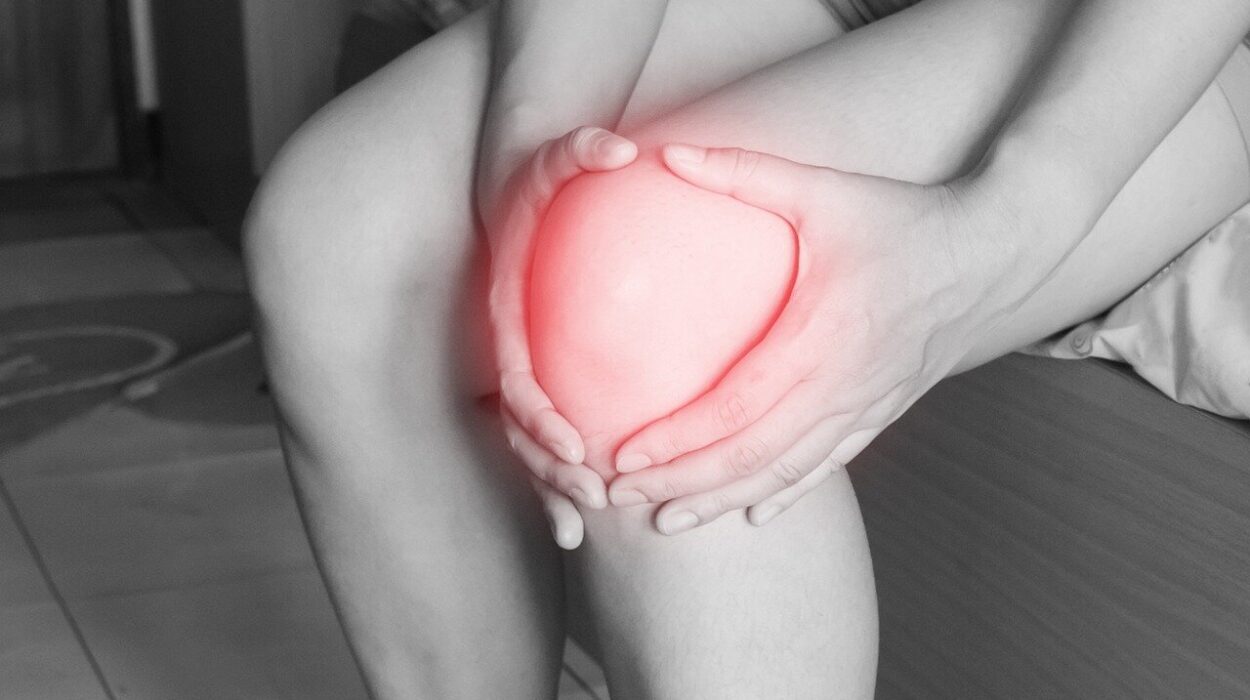Zinc is one of those nutrients we rarely think about, yet it quietly governs countless processes within the human body. Though it is needed only in trace amounts, its influence is profound—especially for men. From supporting immune defenses and wound healing to shaping fertility, testosterone levels, and even mental clarity, zinc is a silent architect of health. When zinc is abundant, the body thrives with energy, resilience, and balance. When it is deficient, the effects ripple through nearly every system, leaving a man more vulnerable to infections, fatigue, infertility, and chronic disease.
To understand zinc’s role in men’s health is to uncover the story of how a mineral, invisible to the naked eye, orchestrates vitality, masculinity, and longevity.
What Is Zinc and Why Is It Essential?
Zinc is a trace mineral, meaning the body requires it in very small quantities, but those tiny amounts are absolutely indispensable. Unlike some nutrients that the body can store or produce, zinc must be consumed regularly through diet. Once absorbed, zinc integrates into over 300 enzymes and proteins that govern DNA synthesis, cell repair, growth, hormone regulation, and immunity.
This essential mineral is found in nearly every cell of the body, concentrated particularly in the prostate, testes, muscles, bones, and skin. Its ubiquity speaks to its importance: zinc does not specialize in one single function—it is a multitasker, a key that fits countless biological locks.
For men, zinc takes on additional significance because it interacts so closely with testosterone, sperm production, and prostate health. Without zinc, the male body cannot fully express its vitality or resilience.
Zinc and Immunity: The Body’s Invisible Armor
Perhaps zinc’s most celebrated role is in immunity. It acts as a commander of the immune system, directing white blood cells, guiding inflammation, and ensuring a swift response to pathogens. When a man’s zinc levels are sufficient, his immune system operates like a well-trained army: identifying invaders, deploying defenses, and restoring peace.
Zinc is particularly crucial in the development and function of T-cells, which are the soldiers that seek out and destroy infected or abnormal cells. It also influences the production of cytokines—messenger molecules that coordinate immune responses. Without adequate zinc, these systems falter, leaving the body vulnerable to lingering colds, frequent infections, or even more serious complications.
Scientific studies consistently show that zinc supplementation can reduce the duration and severity of the common cold. In fact, zinc lozenges, when taken at the onset of symptoms, often shorten the illness by a few days—a remarkable benefit from such a small mineral. For men juggling work, family, and physical demands, this resilience against illness is invaluable.
But zinc’s role in immunity extends beyond colds. It is also vital for wound healing, recovery after surgery, and defending the body against oxidative stress. Men with low zinc levels often notice slower healing and greater susceptibility to inflammation, a silent marker of weakened defenses.
Zinc and Testosterone: The Hormonal Connection
Testosterone is often described as the hormone that defines masculinity. It drives libido, muscle growth, energy, and mood. Zinc and testosterone are intimately connected, each influencing the other in powerful ways.
Research has shown that men with zinc deficiency often have lower testosterone levels. This is because zinc regulates the enzymes that control testosterone production in the testes. Without enough zinc, testosterone synthesis slows down, leading to reduced fertility, decreased muscle mass, fatigue, and diminished libido.
In fact, one classic study found that young men placed on a low-zinc diet for just 20 weeks experienced a significant drop in testosterone levels. Conversely, men who were zinc-deficient and received supplementation showed dramatic increases in testosterone.
This connection makes zinc not only a nutrient for general health but also a cornerstone of male vitality. It sustains energy, motivation, and reproductive capacity—qualities that deeply shape a man’s well-being and identity.
Zinc and Fertility: A Mineral of Life
Fertility is one of the most direct ways zinc influences men’s health. Sperm cells are particularly dependent on zinc for both structure and function. Zinc stabilizes sperm cell membranes, protects them from oxidative damage, and supports their motility—the ability to swim toward the egg.
Low zinc levels can reduce sperm count, impair sperm quality, and even increase the risk of infertility. For couples struggling to conceive, zinc deficiency in the male partner is often an overlooked but critical factor.
Interestingly, semen contains some of the highest concentrations of zinc in the human body. This is not by accident: zinc ensures that sperm are strong, viable, and capable of carrying genetic material safely. Without sufficient zinc, the very blueprint of life is compromised.
The Prostate and Zinc: Guardian of Male Health
The prostate gland, central to male reproductive health, holds more zinc than almost any other tissue in the body. This concentration highlights zinc’s protective role. Zinc helps regulate prostate cell growth, prevents excessive enlargement, and guards against inflammation.
Studies suggest that zinc deficiency may contribute to prostate disorders, including prostatitis (inflammation), benign prostatic hyperplasia (BPH, or enlarged prostate), and potentially even prostate cancer. Although research is ongoing, it is clear that zinc plays a unique role in maintaining prostate health, acting as both a stabilizer and protector.
For men concerned about longevity and quality of life, ensuring adequate zinc intake is one of the simplest yet most impactful choices they can make.
Zinc and Muscle Growth: Strength at the Cellular Level
Men often associate strength with muscle, and zinc is central to muscle growth and repair. Because zinc regulates protein synthesis—the process by which muscles rebuild after exercise—it directly influences physical performance.
Athletes and physically active men lose zinc through sweat, making replenishment even more important. Without enough zinc, men may experience slower recovery, reduced endurance, and difficulty building or maintaining muscle mass.
In addition, zinc helps regulate energy metabolism, ensuring that the fuel from food is efficiently converted into power during exercise. For men striving to maintain fitness, zinc is as essential as protein and training itself.
Zinc and Brain Function: Clarity, Mood, and Memory
Beyond muscles and hormones, zinc shapes the landscape of the mind. The brain contains specialized zinc “pools” that influence neurotransmitters, learning, and memory. Zinc interacts with glutamate and GABA—key neurotransmitters involved in cognition and emotional regulation.
Low zinc levels have been linked to depression, anxiety, and cognitive decline. For men under chronic stress, zinc is often depleted more rapidly, leading to a vicious cycle of stress, fatigue, and mental fog. Supplementation in such cases has been shown to improve mood and sharpen cognitive performance.
Thus, zinc is not only a mineral of strength but also one of clarity, stability, and emotional resilience.
Zinc in Metabolism and Energy
Men often seek energy to power through demanding days. Zinc is a quiet driver of metabolic efficiency. It supports the function of insulin, the hormone that regulates blood sugar. Zinc deficiency can impair insulin function, increasing the risk of diabetes and metabolic disorders.
Zinc also assists enzymes that produce energy at the cellular level. When zinc is sufficient, cells efficiently generate ATP—the body’s energy currency. When zinc is lacking, fatigue, sluggishness, and reduced endurance follow.
For men balancing careers, families, and personal goals, zinc ensures that the body’s energy systems are fueled and reliable.
Zinc Deficiency: The Hidden Weakness
Despite its importance, zinc deficiency is surprisingly common. Men at greatest risk include those with poor diets, vegetarians (since plant-based zinc is less bioavailable), athletes, men with digestive disorders, and older adults.
Symptoms of deficiency are often subtle at first: frequent infections, slow wound healing, low libido, hair loss, fatigue, or mood disturbances. Over time, the consequences deepen, affecting fertility, testosterone levels, and immunity.
The difficulty is that zinc deficiency often masquerades as other conditions, leaving it undiagnosed. Yet, once recognized, it is one of the most reversible deficiencies through diet and supplementation.
Food Sources of Zinc: Nourishment from Nature
The most reliable sources of zinc are animal-based foods, where zinc is abundant and easily absorbed. Oysters are legendary for their zinc content, followed by red meat, poultry, and seafood. Eggs and dairy products also contribute significantly.
For plant-based eaters, zinc can be found in legumes, nuts, seeds, and whole grains, though compounds called phytates in these foods reduce absorption. Techniques such as soaking, sprouting, or fermenting can improve zinc availability from plants.
Balancing diet to include these sources ensures a steady supply of zinc to meet daily needs. For men, the recommended dietary allowance (RDA) is about 11 mg per day, though athletes and those under stress may require more.
Zinc Supplementation: Benefits and Cautions
When diet alone is insufficient, zinc supplementation can be a valuable tool. Supplements come in many forms—zinc gluconate, zinc citrate, zinc picolinate—and can restore levels effectively.
However, balance is essential. Too much zinc can be harmful, leading to nausea, digestive issues, and even suppression of the immune system. Excessive zinc also interferes with copper absorption, creating another deficiency. For most men, supplementation should not exceed 40 mg per day unless medically supervised.
The key is to use zinc strategically: as a support when needed, not as a substitute for good nutrition.
Zinc and Aging: Sustaining Vitality Across Decades
As men age, zinc’s role becomes even more critical. Older men often face declining immunity, lower testosterone, and prostate challenges—all areas where zinc plays a protective role. Yet, aging also brings reduced zinc absorption, making deficiency more likely.
Supplementation and careful dietary planning can help older men sustain vitality, sharpen cognition, and maintain reproductive and immune health well into later years. Zinc, in this sense, becomes not just a nutrient but a partner in healthy aging.
Zinc and Chronic Disease Prevention
Emerging research suggests that zinc may also protect against chronic diseases. Its antioxidant properties reduce oxidative stress, lowering risks of heart disease, diabetes, and certain cancers. By regulating inflammation, zinc helps the body avoid the chronic low-grade inflammation that underlies many modern illnesses.
For men living in a world of processed foods, stress, and environmental toxins, zinc acts as a shield—a small mineral with the power to offset big risks.
A Mineral of Strength, Clarity, and Resilience
To speak of zinc in men’s health is to tell the story of resilience: the resilience of the immune system against infection, of testosterone against decline, of fertility against challenges, of the mind against stress.
Zinc does not work in isolation—it interacts with diet, lifestyle, and environment. But its presence is non-negotiable. Without zinc, health falters. With zinc, men can unlock strength, clarity, and vitality.
It is remarkable that something so small, measured in milligrams, can shape the arc of a man’s life so profoundly. Zinc is not just a mineral; it is a guardian of immunity, a builder of strength, a keeper of masculinity, and a quiet force of longevity.






